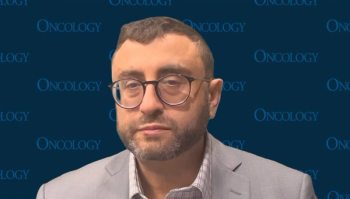
One of the largest obstacles to tackle in the kidney cancer landscape will be translating the research on rare kidney cancer subtypes into clinical trials.

Your AI-Trained Oncology Knowledge Connection!


One of the largest obstacles to tackle in the kidney cancer landscape will be translating the research on rare kidney cancer subtypes into clinical trials.

Zanzalitinib exhibited favorable data when evaluated alone or in combination with anti-PD-1 immune checkpoint inhibition in phase 1 RCC trials.
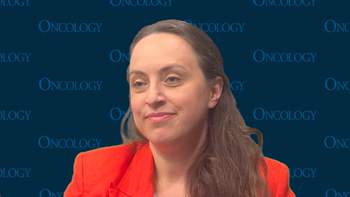
The investigational agent exhibited superior efficacy vs pembrolizumab in patients with lung cancer, suggesting potential efficacy in kidney cancer.

Data from the LITESPARK-005 Q-TWiST analysis show belzutifan’s improved quality-adjusted survival time and favorable toxicity profile vs everolimus in RCC.
![“As a community, if we’re looking to help enroll and advocate for patients with rare [kidney cancers], we need to be aware of what is out there,” said A. Ari Hakimi, MD.](https://cdn.sanity.io/images/0vv8moc6/cancernetwork/a69f69efca1ade2e100fbb9cdf798d49ea5a0f94-2966x1684.png?w=350&fit=crop&auto=format)
“As a community, if we’re looking to help enroll and advocate for patients with rare [kidney cancers], we need to be aware of what is out there,” said A. Ari Hakimi, MD.

Treatment with the dual inhibitor displayed a short half-life and a manageable toxicity profile in patients with clear cell renal cell carcinoma.
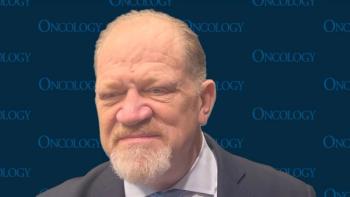
The annual Kidney Cancer Research Summit was born from congressional funding for kidney cancer research, according to KidneyCAN president Bryan Lewis.
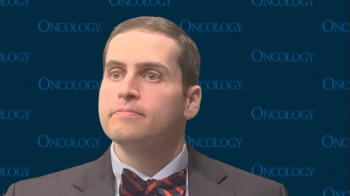
Combining renal vaccines with immune therapy may better target tumor cells while limiting harm to healthy tissue, according to David A. Braun, MD, PhD.

Improving data collection and biomarker development across institutions may represent areas of expansion in kidney cancer research.

KIM-1 is a biomarker in the blood that may help noninvasively detect kidney cancer, according to Wenxin (Vincent) Xu, MD.

Experts share their perspectives on updated clinical trial results, personalized cancer vaccine research, and other notable developments in kidney cancer.

A phase 0 trial is seeking to assess the feasibility of aiding anticancer cells with cytokines to restore their function.

Although pembrolizumab addressed a long-standing need in adjuvant kidney cancer treatment, combinations with the agent may further bolster efficacy.
![“The trial will be successful, or [we’ll] declare it a success if we see at least 3 of 24 responses overall,” stated Ravi, MD, BChir, MRCP, on the phase 2 LASER trial in RCC.](https://cdn.sanity.io/images/0vv8moc6/cancernetwork/9addaac21d809a7b642a567b0a704cbb15d87ac5-2966x1684.png?w=350&fit=crop&auto=format)
“The trial will be successful, or [we’ll] declare it a success if we see at least 3 of 24 responses overall,” stated Praful Ravi, MB, BChir, MRCP, on the phase 2 LASER trial in RCC.

Success with the 177Lu-PSMA-617 radioligand therapy would be transformative for the clear cell renal cell carcinoma treatment landscape.

Personalized kidney cancer vaccines may help guide immune therapies to more effectively attack cancerous cells while mitigating harm to healthy tissue.
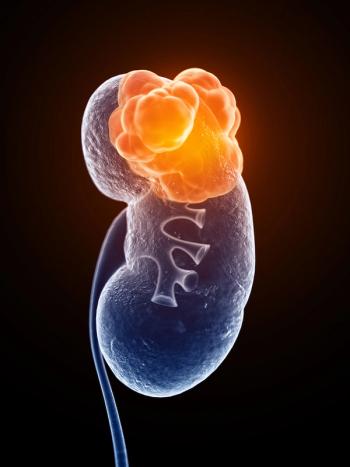
Collaborators in the Kidney Cancer Research Consortium aim to address mechanistic and scientifically driven questions in the kidney cancer field.
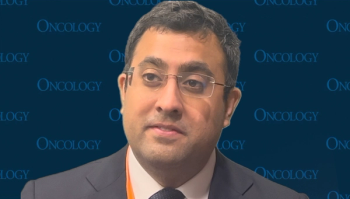
An ongoing phase 1 trial seeks to prove XmAb819 as an effective treatment and ENPP3 as a plausible target in patients with relapsed or refractory RCC.
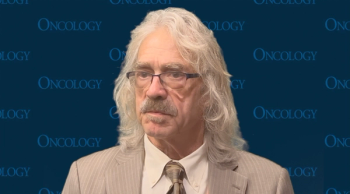
“The therapy is designed to prevent CAR T-cell inactivation and to restore the antitumor immunity of the white blood cells that have gotten through the tumor,” said Wayne A. Marasco, MD, PhD.

Ongoing studies aim to combine base immunotherapy regimens with novel agents to potentially improve outcomes among patients with kidney cancer.
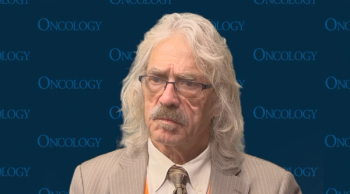
Investigators have found a way to reduce liver and biliary toxicity when targeting the molecule CAIX in patients with clear cell renal cell carcinoma.

Neoantigen-targeting vaccines resulted in an absence of recurrence in 9 patients with high-risk kidney cancer, according to David A. Braun, MD, PhD.

The Kidney Cancer Research Consortium may allow collaborators to form more mechanistic and scientifically driven efforts in the field.
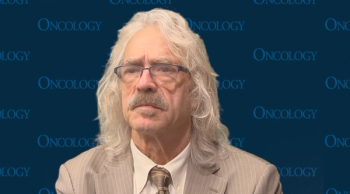
Wayne A. Marasco, MD, PhD, stated that by targeting 2 molecules instead of 1, higher levels of tumor cell killing can be achieved in patients with clear cell renal cell carcinoma.
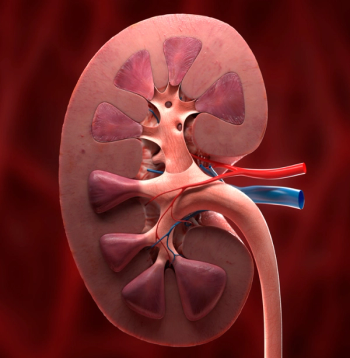
New research suggests high levels of CD163-positive tumor-associated macrophages may significantly improve nivolumab efficacy in metastatic RCC.
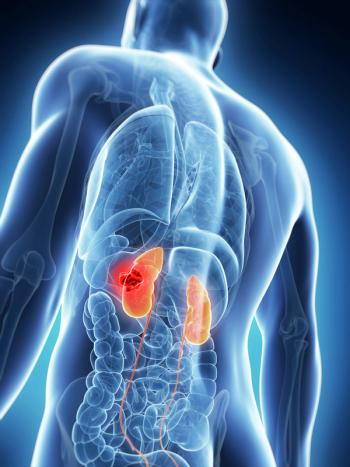
David A. Braun, MD, PhD, discusses how neoantigen vaccines are redefining RCC treatment, with the potential to activate potent, lasting T-cell activity.
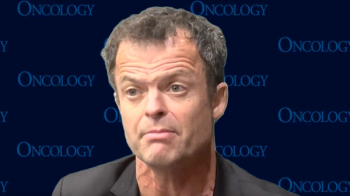
The Q-TWiST analysis from the LITESPARK-005 trial showed statistically significant improvement of belzutifan over everolimus in patients with clear cell RCC.

Researchers developed a CAR T-cell therapy to target CAIX/CD70 overexpression for patients with clear cell RCC.
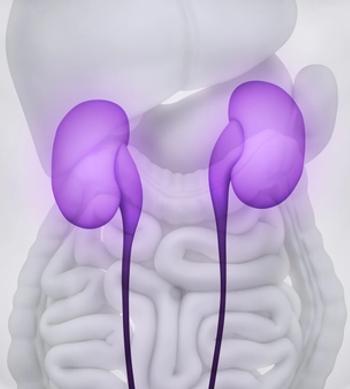
A new biomarker, KIM-1, has the potential to show outcomes and response for patients with renal cell carcinoma.
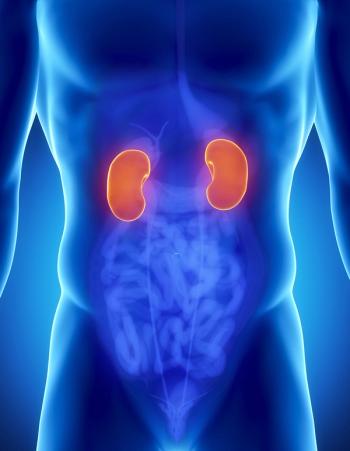
Patients with RCC who received 100 mg once daily casdatifan had an ORR of 33%, and those who received casdatifan plus cabozantinib had an ORR of 46%.